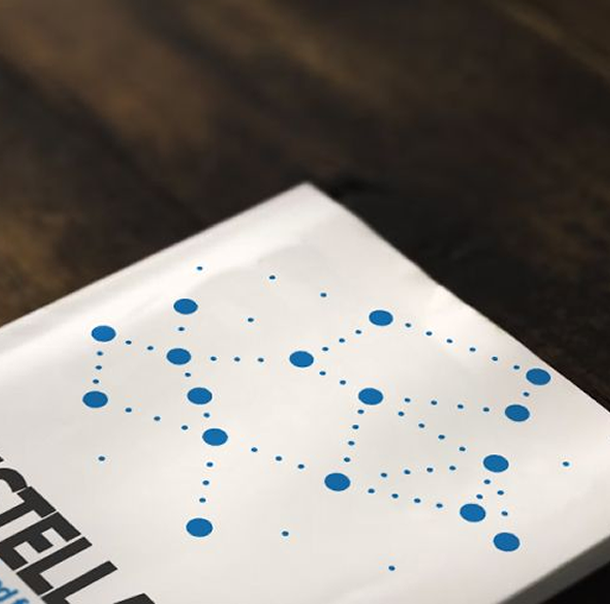
This was part of an article on CallCentreHelper.com
While it’s tempting to focus on encouraging agents to share knowledge more openly, we should also pause and ask: why is this level of informal knowledge-sharing necessary in the first place?
When advisers feel the need to compensate for unclear processes, outdated systems, or inaccessible documentation, we’re relying on their goodwill and tribal knowledge to plug the gaps. That introduces risk to our contact centre operations and customer service – not only through potential points of failure, but also via uncontrolled or inaccurate information being passed along.
Informal peer-to-peer sharing is valuable and encouraging agents to be more generous with their accurate and up-to-date know-how is worthwhile. But we must also address the root causes of knowledge gaps. Using the SECI model, organisations can systematically externalise and structure knowledge to make it reliable and reusable [1].
Investing in robust knowledge management systems (not just static content repositories) and deploying AI-powered agent-assist tools can help surface the right information in real time. This reduces the need for advisers to chase answers or rely on colleagues. With better forecasting and data integration, we can anticipate customer needs more accurately and present relevant knowledge to the adviser as the contact connects.
This isn’t just better from an accuracy or efficiency perspective; it also reduces an agent’s cognitive effort. Excessive cognitive load, especially from navigating fragmented or unclear information, can impair decision-making. Reducing this through intelligent systems doesn’t just support agents; it protects service quality [2].
References:
[1] SECI Model – Nonaka & Takeuchi (1995):
Nonaka, I., & Takeuchi, H. (1995). The knowledge-creating company: How Japanese companies create the dynamics of innovation. Oxford University Press.
[2] Cognitive Load Theory – Sweller (1988):
Sweller, J. (1988). Cognitive load during problem solving: Effects on learning. Cognitive Science, 12(2), 257–285. https://doi.org/10.1207/s15516709cog1202_4
Danny Wareham
Danny Wareham is an organisational psychologist, accredited coach, and speaker, with three decades of experience of helping businesses, leaders and C-suites nurture the culture and leadership required to support their strategy. He specialises in two key areas: - Social dynamics: Culture, engagement and how people relate to each other; and - Personality: What are our individual differences that highlight our strengths and our blind spots More articles are available on his website: dannywareham.co.uk/articles Follow or connect: https://www.linkedin.com/in/danny-wareham/Trusted by












“Firgun”, “#HappyBeesMakeTastyHoney” and the hexagon device are registered trademarks of Firgun Ltd.
Registered in England and Wales: 13907991. Copyright 2025 | Firgun Ltd – All rights reserved.





